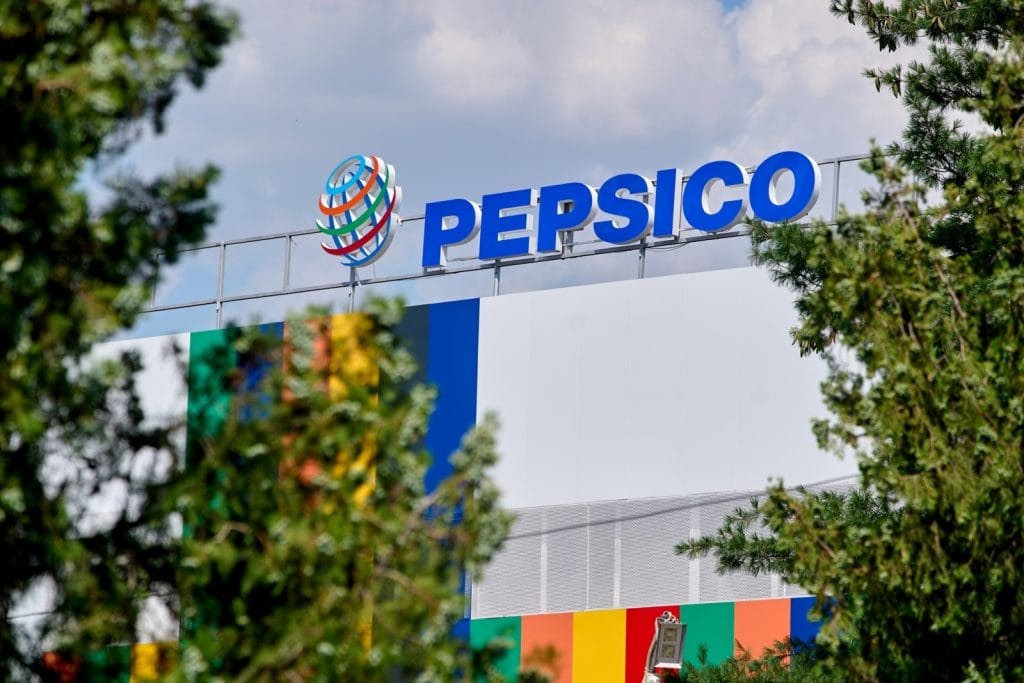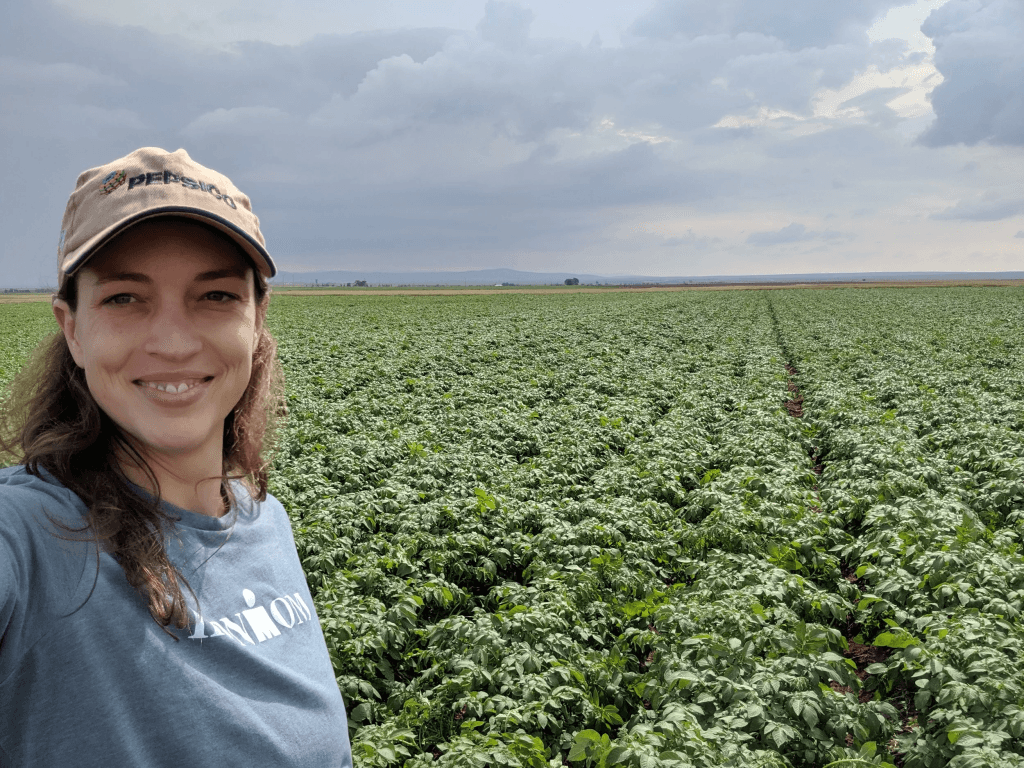PepsiCo, Bioversity Alliance Expand Open-Access Climate Resilience Platform for Agriculture

- PepsiCo, FFAR, and the Alliance of Bioversity/CIAT launch CRP 2.0 to help agricultural producers model and mitigate climate impacts through open data.
- Olam Agri and Bonsucro join the initiative, expanding its reach to new crops and geographies.
- The Foundation for Food & Agriculture Research contributes $1 million to scale public access to regenerative agriculture tools.
Turning Climate Science Into Actionable Insight
PepsiCo, in partnership with the Alliance of Bioversity International and the International Center for Tropical Agriculture (CIAT), has unveiled a major update to its Climate Resilience Platform (CRP), an open-source tool designed to help global agricultural stakeholders anticipate, plan for, and mitigate climate risks.
Originally launched in 2023, the platform translates climate data and research into business-relevant intelligence for food producers, traders, and policymakers. Its second iteration, CRP 2.0, expands functionality, geographic reach, and accessibility, setting the foundation for more collaborative climate adaptation efforts across the agricultural sector.
The update comes amid growing investor and regulatory pressure on agrifood companies to quantify climate-related risks across supply chains — a challenge complicated by fragmented data, proprietary systems, and uneven access to research tools.
PepsiCo and FFAR Push for Open Data in Regenerative Agriculture
The expanded platform was co-funded by PepsiCo and the Foundation for Food & Agriculture Research (FFAR), which provided $1 million in recognition of CRP’s potential to accelerate the transition to regenerative agriculture. Both organizations share an objective to make agricultural research publicly available to support transparent, science-based climate adaptation strategies.
“We’re proud to help democratize access to climate resilience tools like CRP 2.0,” said Margaret Henry, Vice President of Sustainable and Regenerative Agriculture at PepsiCo. “By translating science into actionable insights, we aim to empower stakeholders to strengthen supply chains and accelerate the shift to regenerative agriculture. This is about measurable impact — from healthier soils to more resilient communities.”

PepsiCo has already integrated CRP into its global sourcing operations to model yield risks and identify mitigation strategies. The updated platform now allows users to quantify climate risk exposure in financial terms, estimate investment needs, and assess potential yield improvements under different adaptation scenarios.
RELATED ARTICLE: PepsiCo Doubles Regenerative Farming Footprint to Over 1.8 Million Acres: 2023 PepsiCo ESG Report
Expanded Reach and Global Collaboration
CRP 2.0 adds two new crops and extends coverage to six additional countries, providing enhanced modeling capabilities and data-sharing functions to support landscape-level collaboration. It also integrates a global network of agricultural and climate experts to refine datasets and improve forecasting accuracy.
The platform’s open-access structure distinguishes it from most proprietary climate modeling systems, which often require costly consultancy services and limit cross-sector collaboration. By remaining free and transparent, CRP is designed to accelerate collective progress rather than confine it to corporate sustainability teams or paid research environments.
New Partners Deepen Industry Engagement
The latest release coincides with the onboarding of two new partners: Olam Agri and Bonsucro. Both will contribute data, funding, and expertise to the platform through support from the ISEAL Innovation Fund — financed by the Swiss State Secretariat for Economic Affairs (SECO) and UK International Development — as well as the Bonsucro Impact Fund.
Olam Agri’s participation extends CRP’s coverage to key crops such as rice and cotton, enhancing its relevance in some of the world’s most climate-exposed agricultural regions.
“Climate change is one of the greatest challenges facing agriculture, but also an opportunity to innovate for resilience,” said Laurence Jassogne, Head of Nature and Climate Solutions at Olam Agri. “By contributing to the Climate Resilience Platform, we are enabling stakeholders to anticipate risks, make informed investment decisions, and adopt regenerative practices. This collaboration helps secure livelihoods for farmers while creating long-term value for global supply chains.”
Bonsucro, which promotes sustainable sugarcane production, will use the platform to strengthen risk assessments and sustainability planning across its member base.
Why It Matters for the C-Suite
For corporate leaders and investors, the CRP’s expansion offers a template for data-driven climate adaptation at scale — one that aligns with evolving disclosure requirements under frameworks such as ISSB, CSRD, and TCFD. By linking scientific modeling with business metrics, it enables companies to translate climate resilience into investment-grade insights.
The initiative also reinforces the trend toward open-source collaboration as a driver of ESG performance in the food sector. Rather than relying solely on proprietary data or consultant models, CRP 2.0 democratizes access to predictive tools that can help farmers, buyers, and financiers make coordinated decisions to safeguard both yields and value chains.
Global Implications
As extreme weather and resource constraints tighten, the ability to model future agricultural risk is becoming central to both national food security and corporate sustainability strategy. PepsiCo’s ongoing investment in CRP reflects a broader shift: treating climate adaptation not as a corporate social responsibility exercise, but as a shared infrastructure challenge requiring open systems and collective intelligence.
By bringing together multinational corporations, public institutions, and non-profits under a common digital framework, the Climate Resilience Platform positions itself as a public good — and a potential benchmark for how open-source innovation can drive the next phase of sustainable agriculture.
Follow ESG News on LinkedIn












